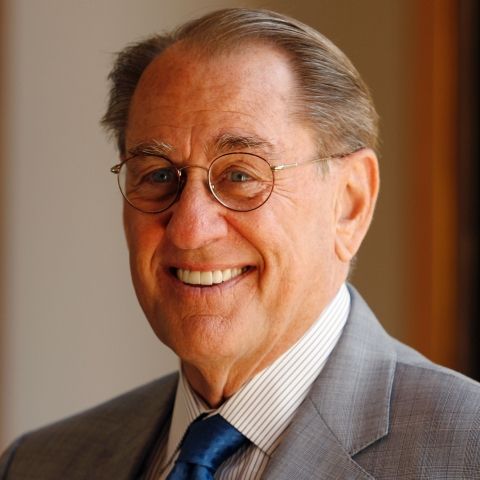
Justice Lewis F. Powell, Jr.
Justice Lewis F. Powell, Jr. is an absorbing and readable biography of one of the most important Supreme Court Justices since World War II. From abortion to affirmative action to the constitutionality of capital punishment, Powell's pivotal votes helped determine the great issues of the mid-twentieth century. Nominated to the Supreme Court in 1971, along with future Chief Justice William H. Rehnquist, Powell was expected to join a staunchly conservative bloc of Nixon appointees who would roll back the innovations of the Warren Court. Instead, Powell quickly established himself as an independent voice, the decisive "swing" vote at the center of an ideologically divided Court. With access to Powell's private papers, author John Jeffries provides an engrossing insider's account of the most controversial decisions of Powell's career. These include Roe v. Wade, which first extended constitutional protection to abortion; the Bakke decision, which allowed race-based affirmative action; decisions wrestling with the constitutionality of the death penalty; the Watergate tapes case, which led to the resignation of a President; decisions on school desegregation and busing; and Bowers v. Hardwick, the 1986 Georgia sodomy case that Powell now feels he decided incorrectly. Jeffries also covers Powell's pre-Court life, including his World War II experience with top-secret "Ultra" intelligence, his role in building one of the South's greatest law firms, and his leadership in providing legal services to the poor. Most important was Powell's chairmanship of the Richmond School Board during the turbulent years of "massive resistance" to desegregation. Criticism of his performance in that capacity is carefully examined, and Powell's behind-the-scenes maneuvering to keep the schools open is fully revealed for the first time. Justice Lewis F. Powell, Jr. is not only fascinating reading but a major contribution to American history.